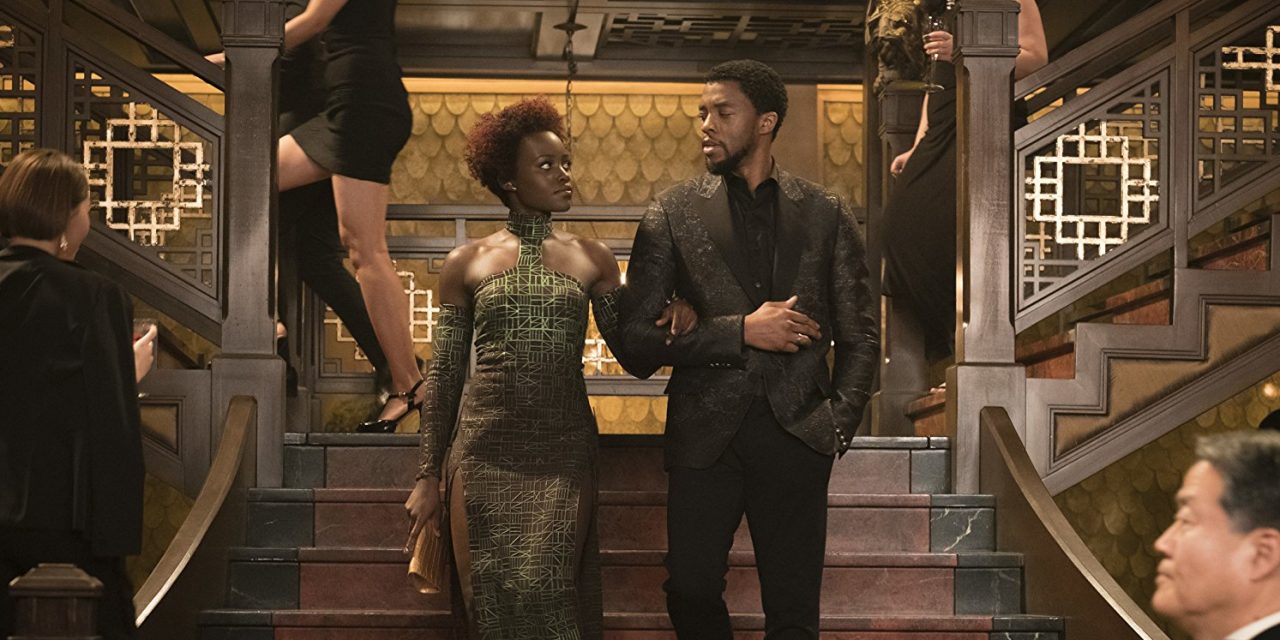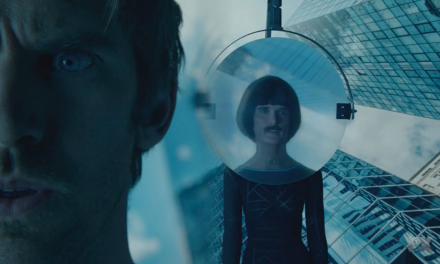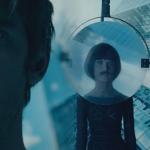The following article contains spoilers for Marvel’s Black Panther
Like Erik Killmonger, superhero saturation is a monster of our own making.
Last Thursday’s release of Marvel’s Black Panther marks the 18th entry into the Marvel Cinematic Universe in the past 10 years, excluding the Marvel television shows. DC Comics and the Marvel outlets at Fox and Sony have continued to churn out superhero content over the past decade as well, and with good reason.
Superhero movies make studios a lot of cash, and at their peak, can build a bridge between financial success and creativity. Films like The Dark Knight, Iron Man and The Avengers have pushed the genre forward and pulled in large hauls for the studios, but their success also built a rubric most superhero films have stuck to since.
Since Iron Man and The Dark Knight were released in 2008, Hollywood has made a decision to invest in pre-existing intellectual property. Star Wars, Harry Potter, Blade Runner, Lethal Weapon, Full House, and Godzilla are all back on our screens in one form or another. What’s old is new again, and there are no plans on stopping.
Lord of the Rings is slated for a new show with Amazon, while Disney and Warner Bros. will continue to schedule releases for Marvel, Star Wars, DC, and Harry Potter until they stop making money. While original content in Hollywood still exists, it’s harder to find and harder to fund.
Most of Hollywood’s money is poured into its pre-existing intellectual property, and the creative minds behind the stories are often constrained to a formula that needs to fit into a larger universe. Even the films that push the boundaries still clutch to the conventions that made previous superhero flicks so successful.
However, Black Panther’s critical and financial success feels momentous for both the Marvel Cinematic Universe and blockbuster movies at large. Ryan Coogler’s third directorial effort is a refreshing addition to a genre with a tired formula. Much like the characters in the cinematic universe, Marvel didn’t pay Wakanda too much attention, but now, it could be T’Challa and crew to lead the studio to its next great phase.
The film is a step forward for representation in blockbusters and it doesn’t shy away from the ambiguity of the film’s heroes and villains. Michael B. Jordan’s Erik Killmonger embodies a relatable anger towards Wakandan leadership and asks tough questions about the country’s secluded role on the world stage. Wakanda is a nation with the wealth and power to make a difference but chooses to remain hidden to protect itself.
The unflinching manner in which Coogler uses Wakandan politics to address real-world issues like race and isolationism is the heart-shaped herb that gives Black Panther its power.
Each character is fully formed and has room to breath. From steadfast T’Challa (Chadwick Boseman) to the radical Killmonger, from the idealistic Nakia (Lupita Nyong’o) to the duty-bound Okoye (Danai Gurira), each character has their ideals and sense of identity put to the test. The wise-cracking genius Shuri (Letitia Wright) breathes life into every scene she’s in. One of the only problems with the movie is there wasn’t enough of Kendrick Lamar’s soundtrack.
Coogler’s interpretation of Wakanda is unlike anything we’ve seen in a Marvel movie and that’s a good thing. While it stays true to the humour that gives the MCU energy, Coogler’s inventive visual style gives Wakanda life and also results in some stunning action sequences.
Black Panther is a film that can help usher in a new age of superhero films, where studios are unafraid to be original. The last few years have provided a noted shift in both the superhero genre and blockbuster movies at large. Deadpool, Wonder Woman, Logan, and Thor: Ragnarok all challenged the conventions of the superhero genre, each in a different way.
Deadpool and Thor: Ragnarok each provided proof that a self-aware, comedic approach to a superhero film can be both critically acclaimed and a lot of fun. Deadpool also proved that going Rated-R could still result in success at the box office.
Meanwhile, Logan showed the dividends of long-running shared universe stories. The previous X-Men and Wolverine solo efforts starring Hugh Jackman made the near-future setting of Logan feel lived-in. Its Western storyline also demonstrated a superhero film doesn’t have to follow the same formula that made past films successful.
Wonder Woman was an achievement for representation in superhero films. Despite falling into some of the genre conventions late in the film, it confirmed that superhero stories could be a financial and critical success without a white man leading the way.
Beyond the superhero genre, Blade Runner: 2049 and Star Wars: The Last Jedi were also a leap forward for blockbuster films in general. Each 2017 standout showed the benefits of giving creative auteurs the canvas and budget to make something original out of well-known pre-existing IP.
Canadian director Denis Villeneuve’s Blade Runner sequel was a visual masterpiece worthy of the five Oscar nominations it’s received. It was able to replicate the original’s visual literacy and world-building, while also standing on its own.
The Last Jedi was perhaps the biggest step forward for blockbusters. Rian Johnson’s entry into the galaxy far, far away was divisive amongst Star Wars fans and critics, but it was original nonetheless. The Last Jedi didn’t cower from ambiguity and had no problem killing the past to go lightspeed into the future. It was unafraid of originality and it paid off with critical acclaim and box office success, despite the ire of certain fans.
The biggest lesson to be learned from Black Panther and the inventive movies preceding it, is that films constructed to please everyone will have a hard time pleasing anyone.
With Disney acquiring 21st Century Fox and its Marvel properties, the future of superhero movies looks a lot like the empire Killmonger imagined for Wakanda.
The acquisition introduced fear that Disney wouldn’t make bold choices like Fox did with Deadpool and Logan. But with the release of The Last Jedi and Black Panther, Disney has proven they are willing to give talented directors freedom to create original stories and make money while doing so.
If Disney is willing to take risks with the intellectual property they possess, a revisionist era for the superhero genre could be on the horizon. And like the sun setting on Wakanda, it’s a horizon worth seeing.











Recent Comments